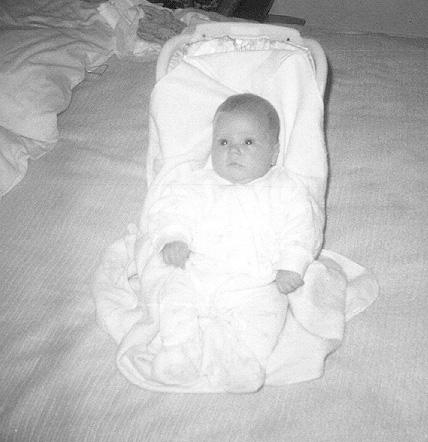
Have you ever filled out a depression questionnaire? It has questions like:
I have been feeling guilty
I have been feeling worthless
The general idea is that there is something highly personal about clinical depression. The sufferers are believed to have low self-esteem, negative feelings about themselves, and a host of cognitive distortions about their life circumstances. This is a "woe is me" view of sadness.
Over time, I have met enough other people like myself who have a generally positive view of
self, relatively normal self-doubt, and a realistic, even accepting picture of their life situation, but who nonetheless become despondent, even suicidal, in their hopelessness about the state of matters around them. They aren't focused on their own personal woes, but instead they are overwhelmed by mega-events. They see corporate interests already having infiltrated the American government far beyond what "We the People" will even acknowledge. They recognize that the violence of American culture is only outdone by its lack of concern for vulnerable people who are criminalized instead of receiving help they need. They see legislators proposing that foster children only be allowed by law to have secondhand clothes and realize that people in power were elected by an over-propagandized electorate that seems too contaminated by superstition and lack of critical thinking to select decent people anymore.
There are no therapists trained to respond to empathic depression. They want to help people fix skewed views of the world that lead to negativity. People with empathic depression don't have distorted views of what is happening; they have highly perceptive, accurate, and thoughtful critiques of the evils that surround them. They are canaries signaling those around them that things have gone terribly awry. The next step is for the mental health community to step up and understand that this sensitive type is not going to be talked into believing that theirs is the biased view of the world. They need interventions that acknowledge that there is too much poison in the system, while still offering hope and a sense of agency over powerlessness. They need help building a firewall between the ills of the world and their soul.




